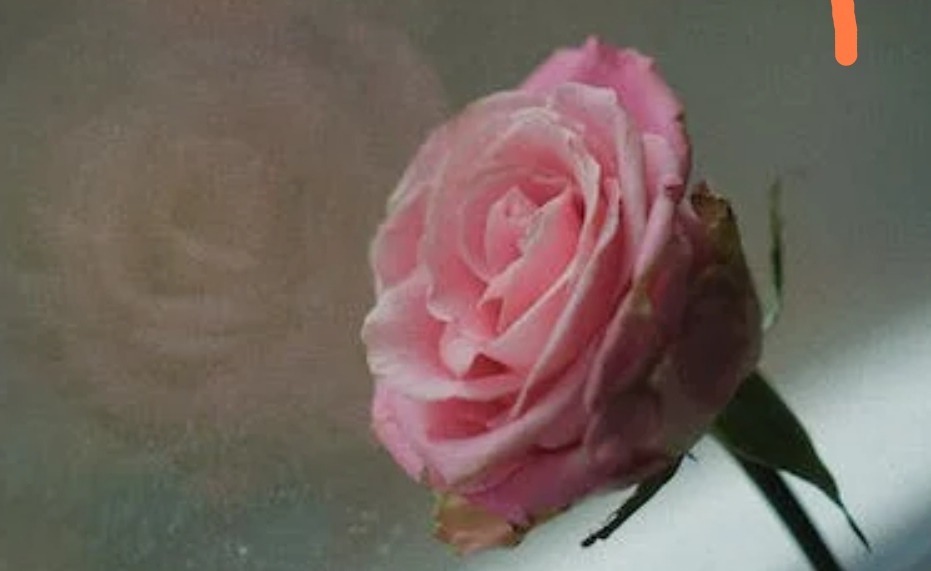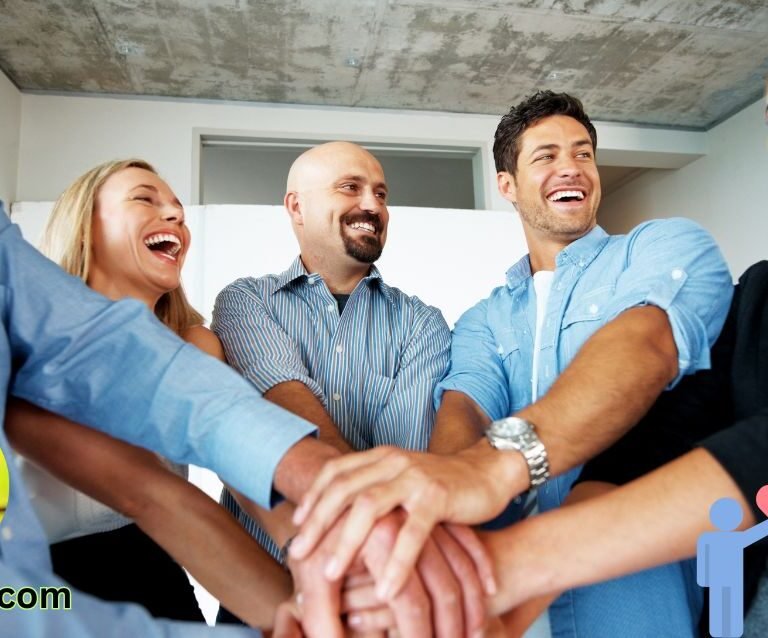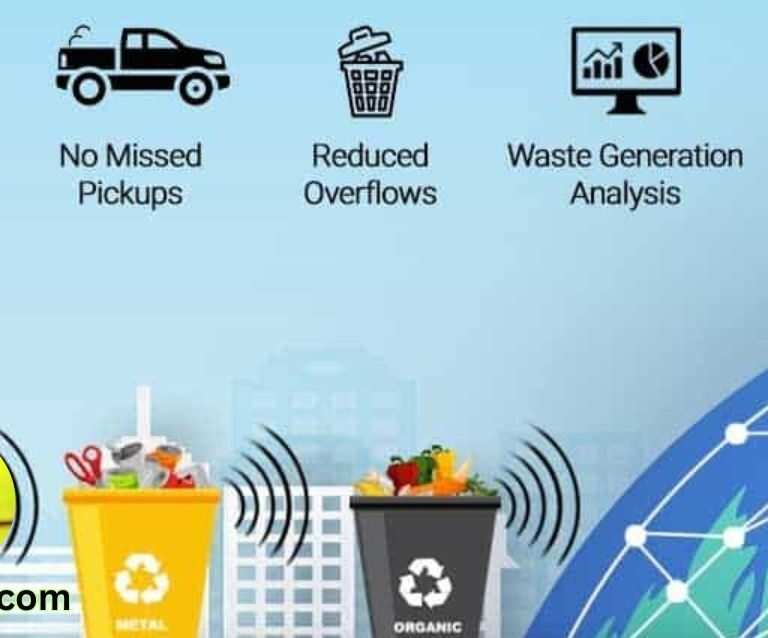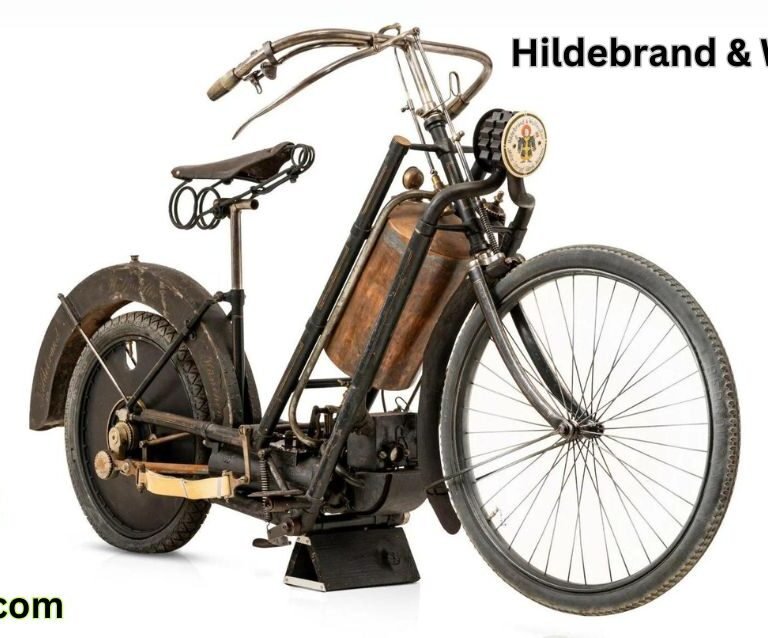Material possessions are valued before you receive them. Human beings are valued after you have lost them
🏵️💓🏵️
The ancient Greek philosopher Aristotle observed that people place more value on material possessions before they receive them, but place more value on human beings after they have lost them. In this article we will explore why this is true and how you can apply this insight to become happier in your relationships with others and yourself, and in the process, also become more successful at work and in your career.
The things we own end up owning us
In her book The Life-Changing Magic of Tidying Up: The Japanese Art of Decluttering and Organizing, Marie Kondo suggests that we should only keep items in our home that spark joy in us. This can be difficult for some people because material possessions provide a sense of security. We end up attaching meaning to the things we own because they represent both our pasts and future.
We assign value to things based on what we think they’re worth
The financial worth of an item is often determined by what it can be sold for. We assign value to things based on what we think they’re worth. When something is priced too high, people don’t buy it because they don’t think the product is valuable. But when it’s priced too low, people think the item isn’t good enough and won’t want to buy it.
The people in our lives are more important than the things we own
We value material things before we get them because that’s what society tells us to do. But what does it mean for the people in your life? The people in our lives are more important than the things we own. When something happens and we lose someone or something dear to us, then their value becomes clear.
We should cherish the people in our lives while we have them
We can’t take anything with us when we die. In the meantime, while we’re still alive, we should cherish the people in our lives and spend as much time with them as possible. Material possessions are valued before they’re received, but human beings are valuable after they’ve been lost.









